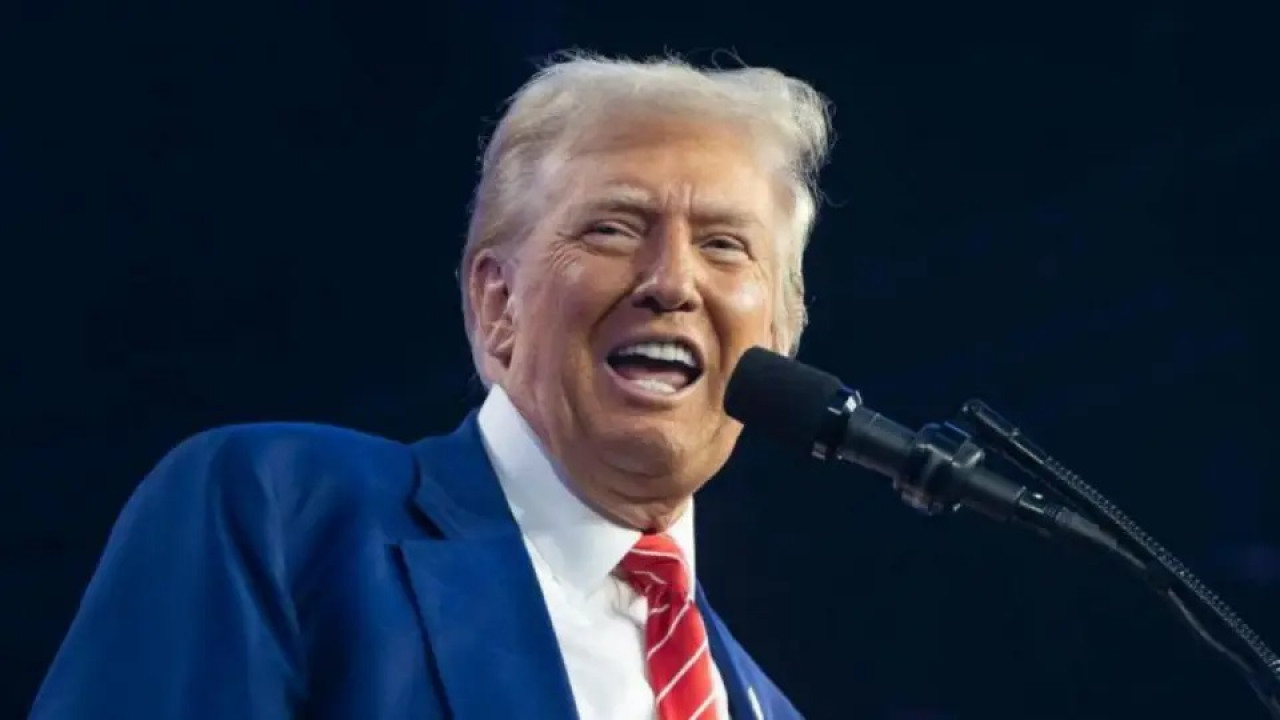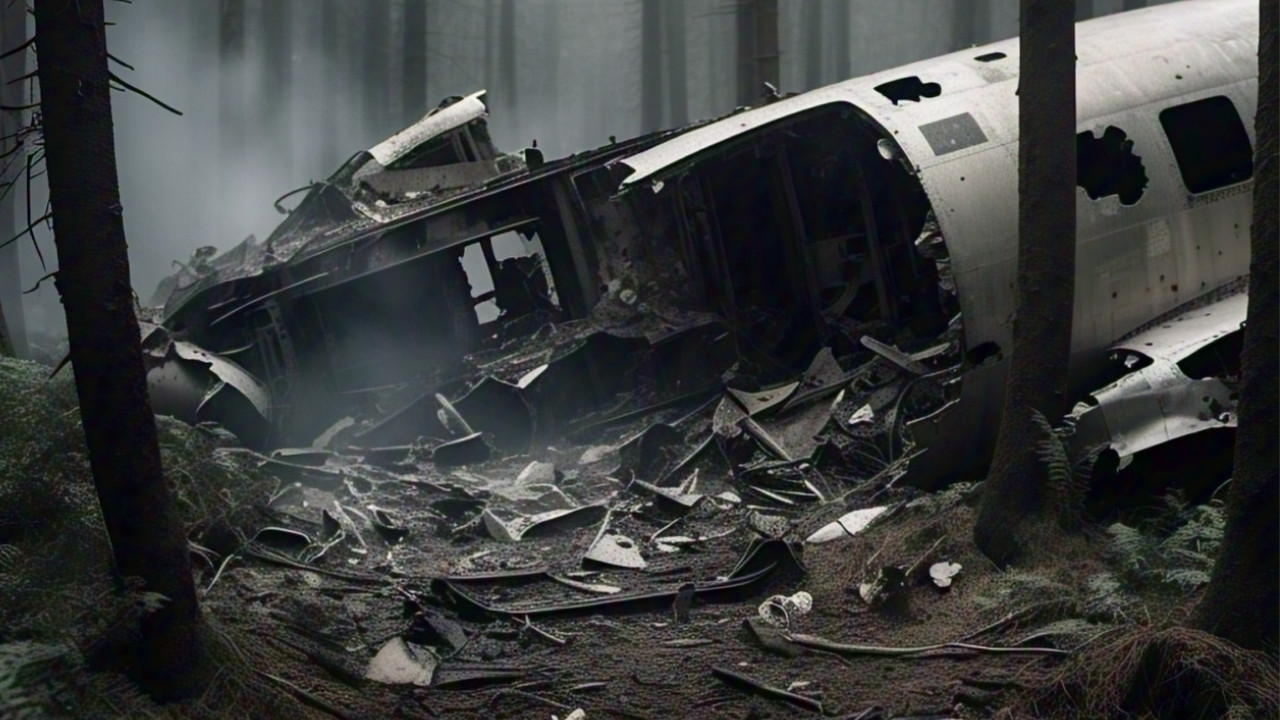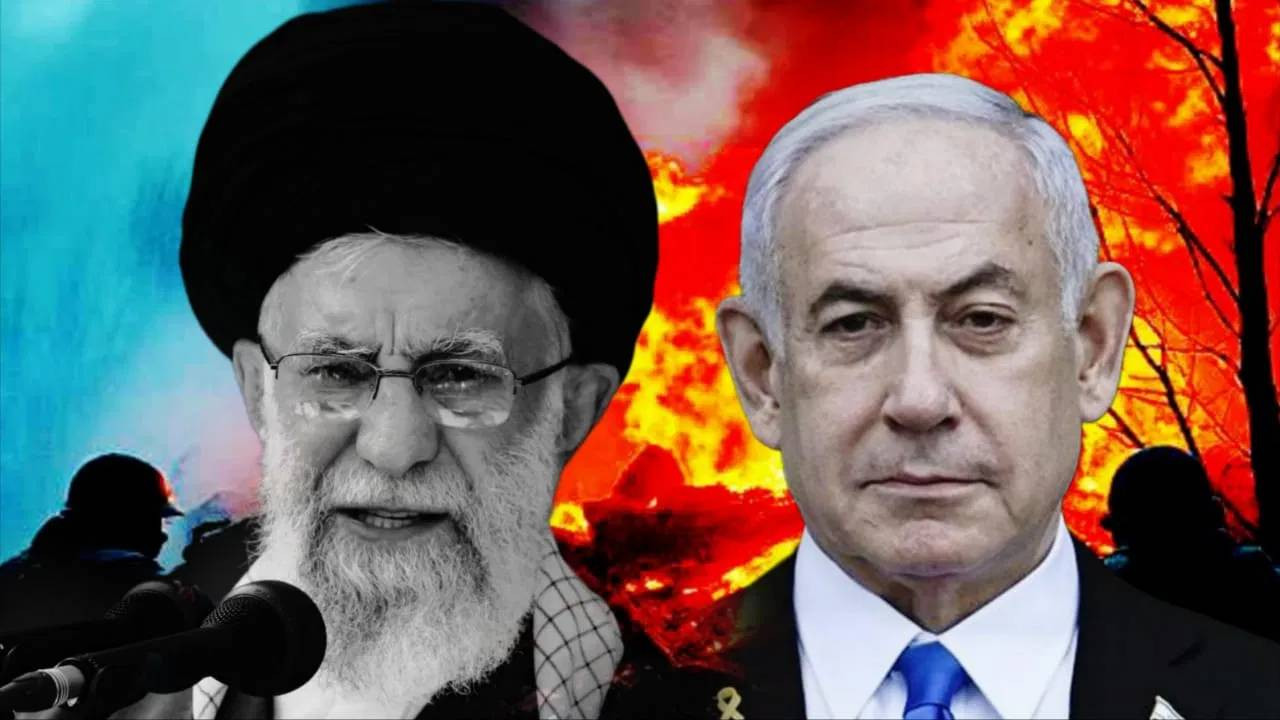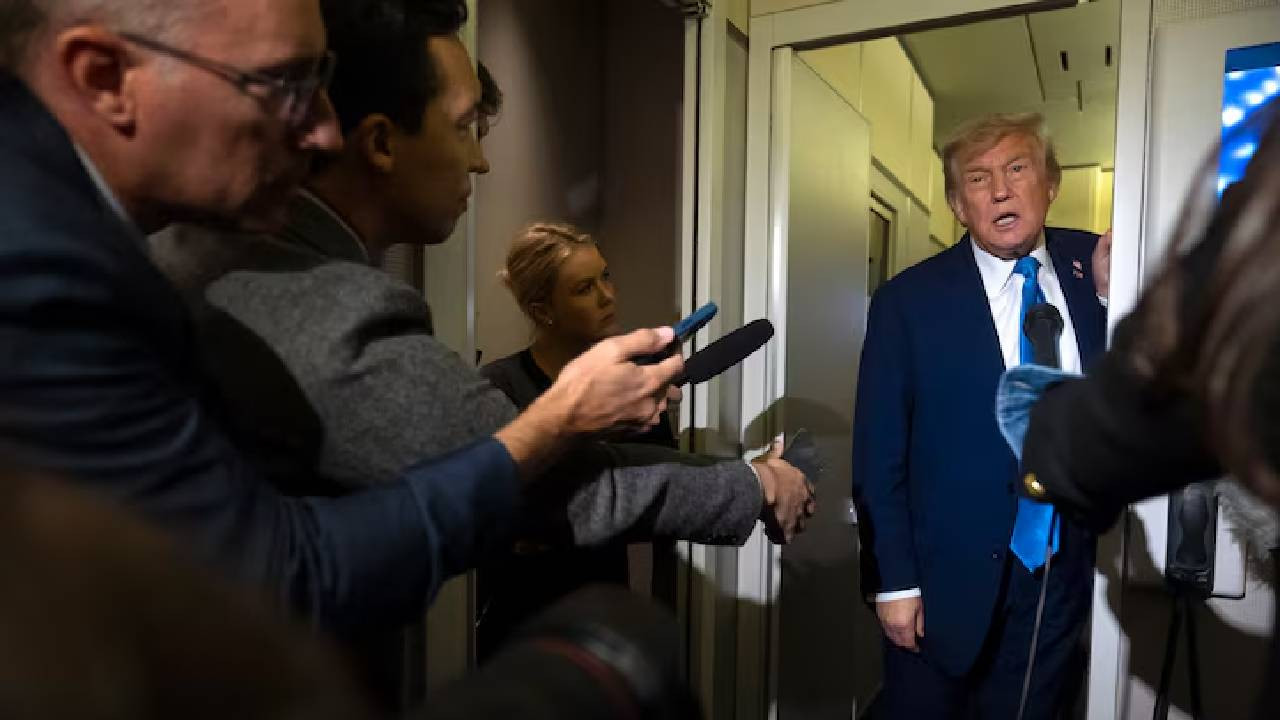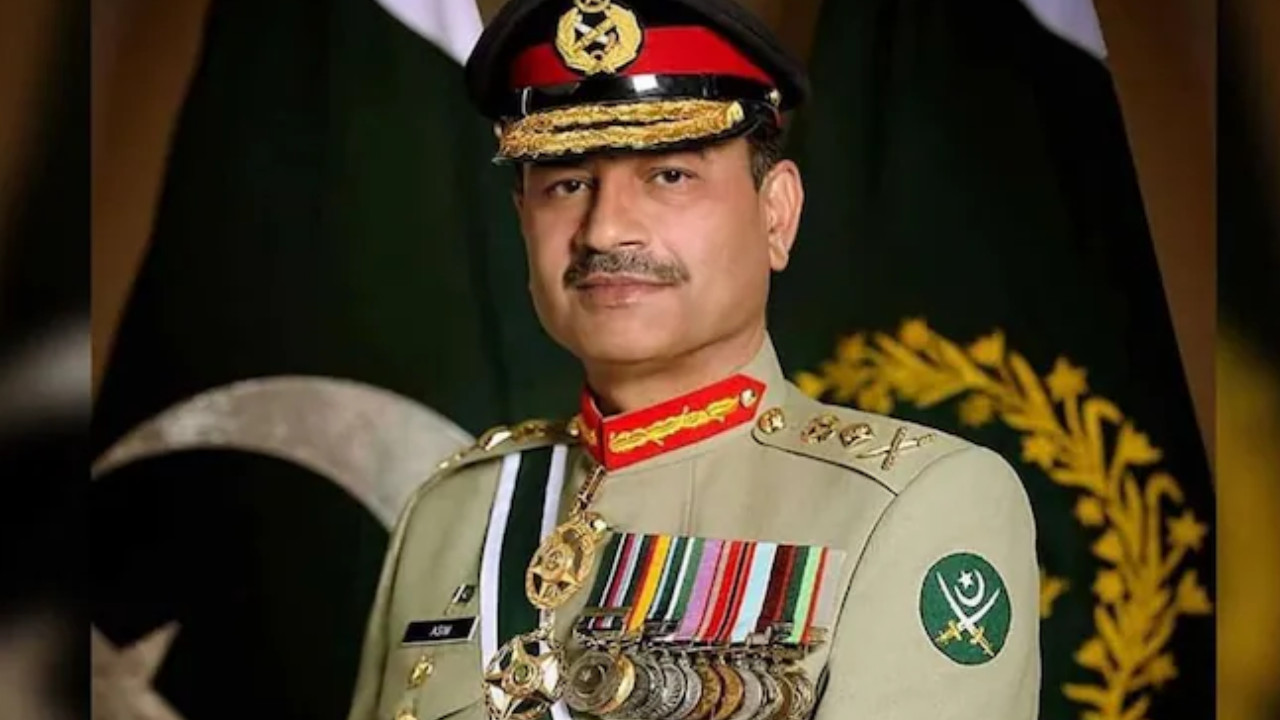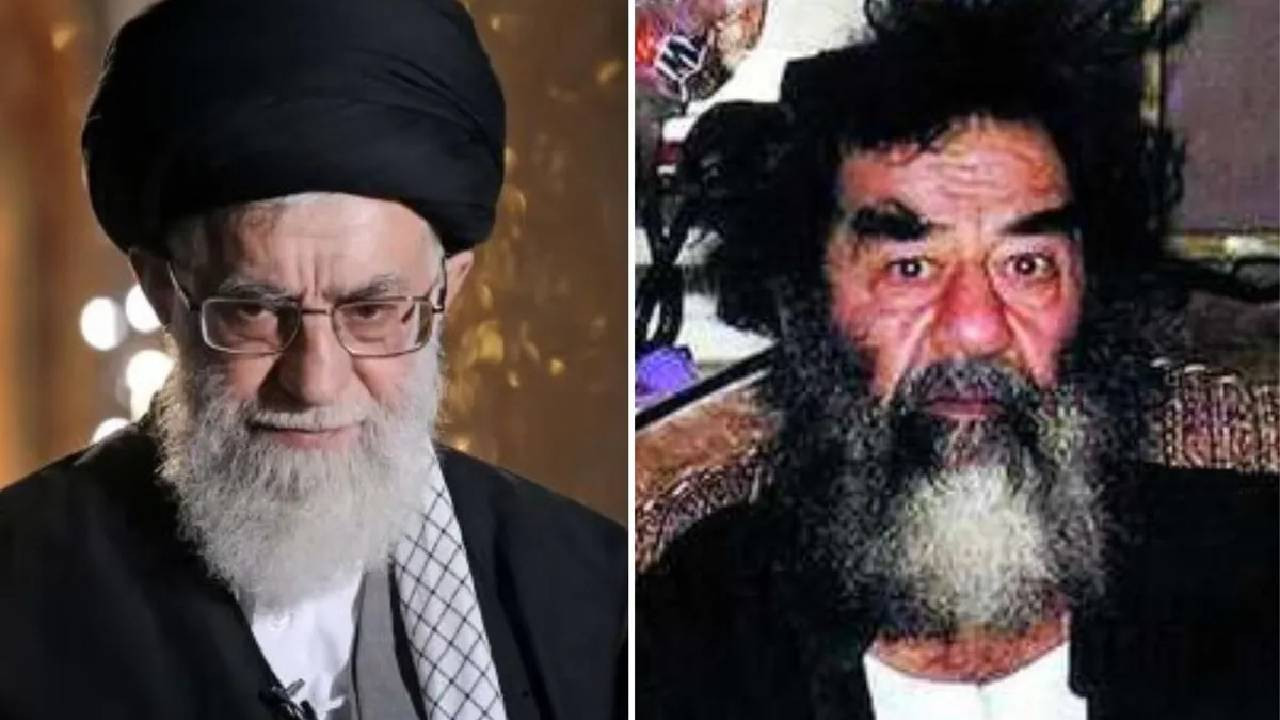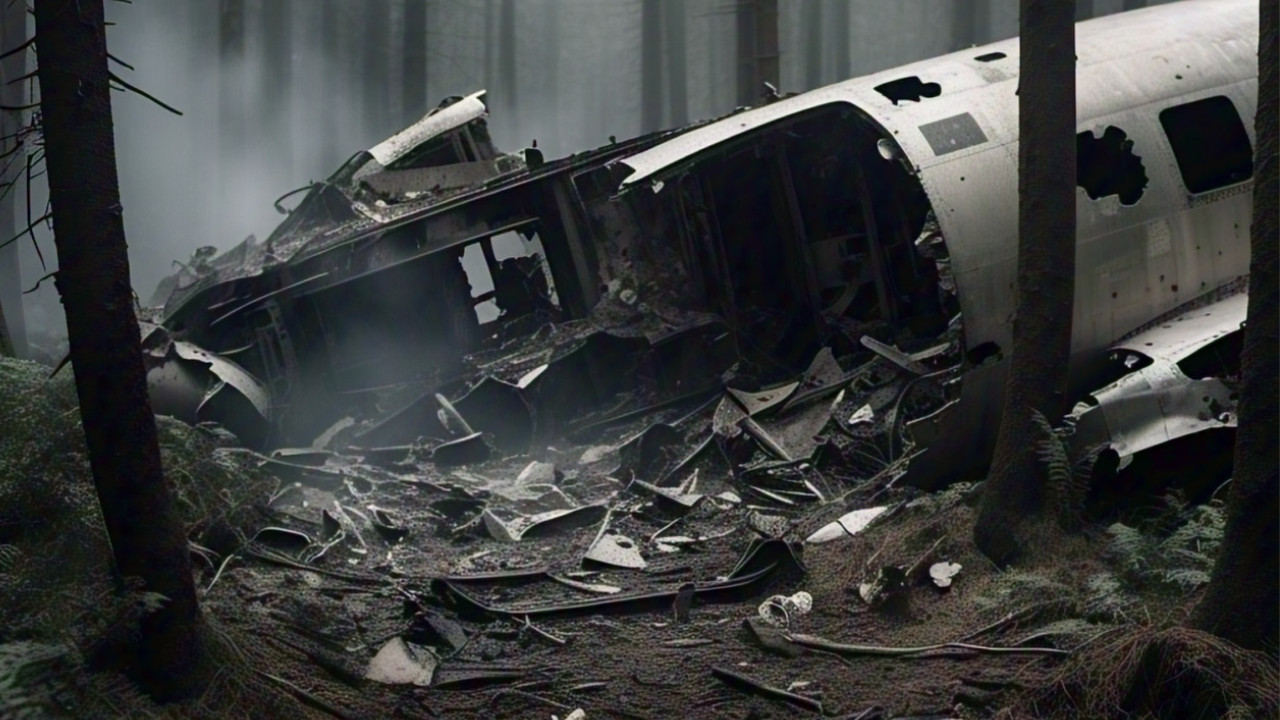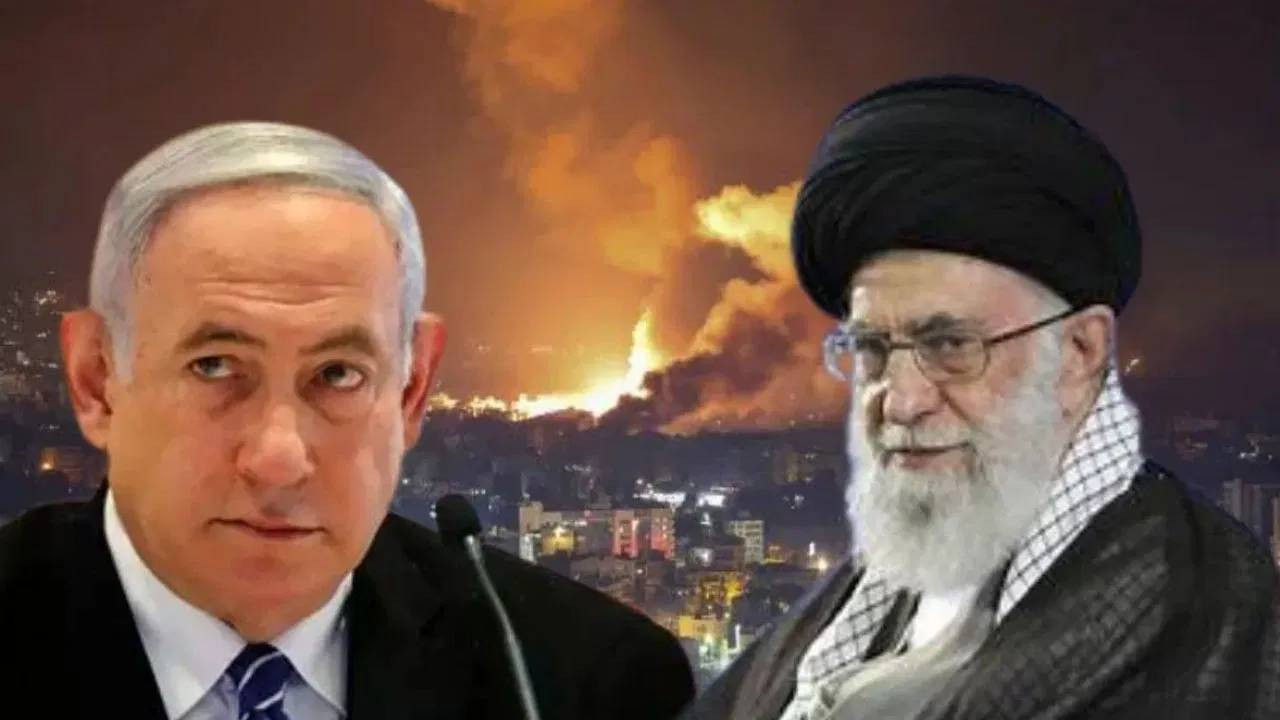International News: The Middle East has once again come to the turn from which it seems difficult to return. The ongoing struggle between Israel and Iran has now entered its fifth day and now it is no longer a fight for two countries, but the direct role of superpowers like America is coming out in it. The situation has become so serious that hundreds of people have been killed in the two countries, while there is a huge upheaval in oil prices and diplomatic equations around the world.
At such a time, US President Donald Trump's statement seems to give a new turn to global politics. Trump has made it clear that America is not only in favor of the ceasefire, but it wants a "permanent and real end" of this crisis. Talking to reporters in Air Force One, Trump said, "We are expecting better than the ceasefire." When asked what he meant by "better", he said, "A real end." Not a ceasefire, but an end."
Markets stir; huge jump in oil prices
Trump's statement came at a time when the battle between Israel and Iran is shocking the global energy market badly. Extremely sensitive stress in West Asia in terms of oil production and supply can push the international economy into a deep crisis. On Monday, oil prices recorded a jump of 6% in a day, which suggests how concerned they are about this war. Investors are scared, and crude oil-dependent countries, including India, are feeling economic pressure from this confrontation.
"Iran cannot make nuclear weapons"—Trump
When Trump was asked about the position of America and the help given to Israel, he bluntly said, "We are doing very well. But remember, Iran can never have a nuclear weapon." Trump's comment confirms the old US foreign policy of America, in which Iran has been the top priority to prevent Iran from becoming a nuclear power. His statement also indicates that if Iran takes any concrete steps about its nuclear program, the US is ready to stop it with full power.
Diplomatic efforts or military pressure?
Although Trump's statements have taken aggressive tones, he also indicated that the US still wants to keep the path of diplomacy open. According to a Reuters report, Trump has indicated that he may send Vice President JD Vance or Middle East Affairs Envoy Steve Witchoff for talks with Iran. Although Trump threatened to 'empty' Tehran in a social media post this morning, the White House later clarified that their purpose was to bring Iran to the table of dialogue as soon as possible.
This mixed message indicates that on the one hand, the US wants to take on Iran under pressure, and on the other hand, it also wants to stop the war from being uncontrolled. This strategy is very sensitive not only in the military point of view but also in view of global political equations.
Netanyahu's threat increased tension
Meanwhile, Israeli Prime Minister Benjamin Netanyahu has also increased stress by making a very spicy and aggressive statement. He has said that Israel wants Iran's supreme leader, Ayatollah Ali Khamenei, to be abolished. Netanyahu's statement clearly shows that Israel is no longer a target of military bases but is also working on the strategy to end the top leadership of Iran. This statement can not only make conflict more violent but can also affect global response.
Is there any way left now?
It is clear from this whole incident that this battle between Israel and Iran is no longer just about rockets and drones. This conflict is now associated with global diplomacy, nuclear weapons strategy, and energy supply equations. While Trump's statement of "not a ceasefire, an end" indicates a decisive policy, on the other hand, it also makes it clear that it will no longer be easy to retract both sides.
The coming few days will be decisive for this entire region. If diplomacy does not work, this struggle can push the Middle East towards a destructive war, which will affect the whole world—whether it is oil prices, the global security system, or the human life crisis.


